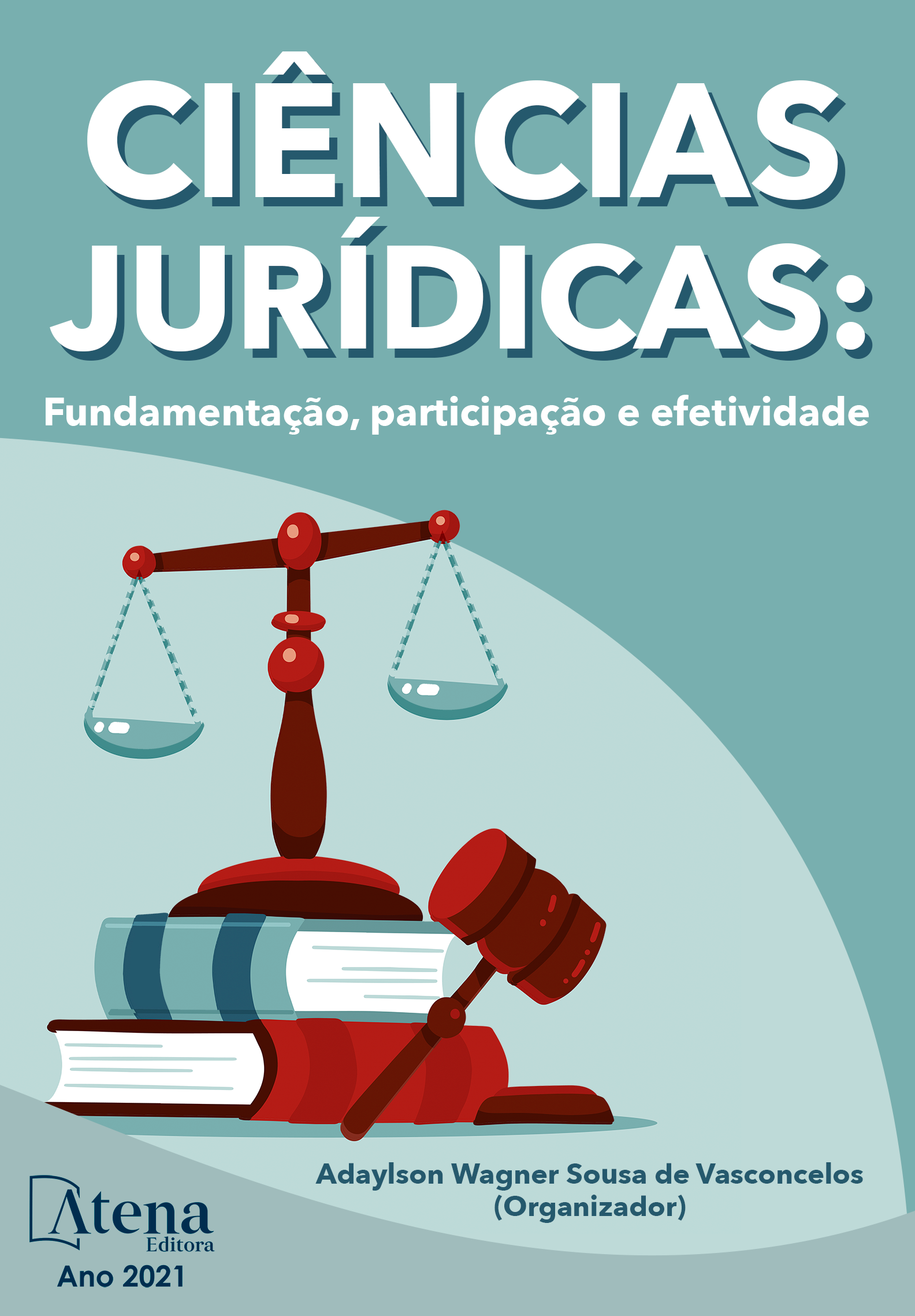
JUDICIALIZAÇÃO DE POLÍTICAS PÚBLICAS: DIREITO À MORADIA NO SUPREMO TRIBUNAL FEDERAL
A positivação do direito à moradia expressamente como um direito fundamental social na Constituição Federal de 1988 por meio da Emenda Constitucional 26/2000 conferiu-lhe novas dimensões de efetividade e eficácia. Uma de suas principais consequências foi o incremento no número de demandas e decisões judiciais que fazem uso desse direito como fundamento jurídico. Esse fenômeno enquadra-se na tendência à judicialização de políticas públicas, principalmente no âmbito do Supremo Tribunal Federal, sobretudo porque esse direito social diz respeito à uma realidade de grave déficit habitacional no país. Além disso, na caracterização do direito à moradia, sua fundamentalidade é evidente, mas também se comporta como um direito da personalidade, devido ao seu vínculo com o princípio da dignidade da pessoa humana, visto que uma morada digna faz-se essencial para o desenvolvimento e exercício da personalidade. A despeito da intensa discussão acadêmica em torno da judicialização de direitos sociais e suas consequências sobre orçamentos e prestação de serviços públicos, inexistem estudos que analisem as possibilidades de intervenção do Supremo Tribunal Federal sobre as opções do administrador público. São desconhecidos, portanto, os critérios utilizados pelo tribunal, numa análise mais abrangente diante das milhares de demandas sobrestadas. Ao final, frente a um intenso movimento de “centralização” da atividade interpretativa sobre o direito no tribunal, com pretensões de assunção do papel de único guardião da Constituição, suas decisões assumem um potencial “racionalizador” da prestação jurisdicional e da atividade estatal nestes temas. Nesse contexto, a pesquisa teve como objetivo analisar se, na análise do direito à moradia, o STF leva em consideração as escolhas do gestor público, com atenção ao princípio da discricionariedade da administração, em suas interações com a participação democrática. Para tanto, fez-se uso do estudo de caso por meio da análise exploratória-descritiva – com apoio nas Teorias Positivas e Normativas – e também do método indutivo na compreensão dos casos concretos do STF.
JUDICIALIZAÇÃO DE POLÍTICAS PÚBLICAS: DIREITO À MORADIA NO SUPREMO TRIBUNAL FEDERAL
-
DOI: 10.22533/at.ed.89021150614
-
Palavras-chave: Judiciário; Corte constitucional; Ativismo; Habitação.
-
Keywords: Judiciary; Constitutional Court; Activism; Housing.
-
Abstract:
The expressly positivation of the right to housing as a social fundamental right in Brazilian Constitution of 1988 by the Constitutional Amendment 26/2000 gave it new dimensions of efficiency and effectiveness. One of the main consequences was the increase of the number of judicial demands and decisions that use this right as legal basis. This phenomenon fits in the trend towards the judicialization of public policies, principally within the scope of the Supreme Court, also because this social right concerns a reality of a severe housing deficit in the country. Furthermore, regarding the characterizing of the right to housing, its fundamentality is evident, but it also behaves as a personality right, due to its link with the principle of human dignity, since a dignified home is essential for developing of personality. Despite the intense academic discussion around the judicialization of social rights and its consequences on budgets and the provision of public services, there are no studies that analyzes the possibilities of intervention by the Brazilian Supreme Court on the options of the public administrator. Therefore, the criteria used by the court are unknown, in a more comprehensive analysis in view of the thousands of overturned demands. In the end, faced with an intense movement of “centralization” of the interpretative activity on the law in the court, with pretensions of assuming the role of sole guardian of the Constitution, its decisions assume a potential “rationalizer” of the jurisdictional provision and of the state activity in these themes. In this context, the research aimed to analyze whether, in the analysis of the right to housing, the Supreme Court considers the choices of the public manager, with attention to the principle of administration's discretion, in its interactions with democratic participation. To this end, the case study was used through exploratory-descriptive analysis - supported by Positive and Normative Theories - and by the inductive method in understanding the specific cases of the Brazilian Supreme Court.
-
Número de páginas: 16
- Aline Andrade de Almeida Lopes Rodrigues


